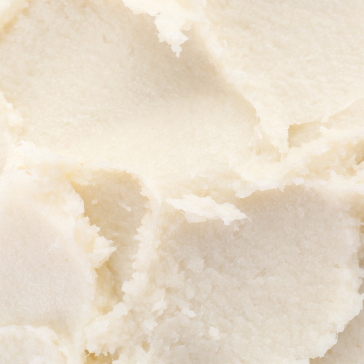
The Crucial Link: How Diet Influences Psoriasis and Skincare
The Psoriasis-Diet Connection
Inflammatory Foods
Certain foods can exacerbate psoriasis symptoms by promoting inflammation, a key player in this condition. Common culprits include red meat, dairy products, processed foods, and high-sugar items. These foods can trigger flare-ups, making management more challenging.
Anti-inflammatory Foods
Conversely, incorporating anti-inflammatory foods into your diet can potentially ease psoriasis symptoms. Omega-3 fatty acids, found in fish like salmon and mackerel, along with fruits and vegetables rich in antioxidants, such as berries, kale, and spinach, can support skin health and reduce inflammation.
Nutritional Strategies for Managing Psoriasis
Hydration
Staying hydrated is crucial for maintaining healthy skin, which is especially important for those with psoriasis. Water helps to keep the skin moist and may reduce the severity of flare-ups.
Dietary Plans
Several dietary plans have been noted to benefit psoriasis sufferers:
• Mediterranean Diet: Emphasizes fruits, vegetables, whole grains, and healthy fats, potentially reducing psoriasis severity.
• Gluten-Free Diet: Beneficial for those sensitive to gluten, as it might decrease psoriasis flare-ups.
• Vegan Diet: Eliminating animal products could reduce inflammation, benefiting skin health.
Integrating Diet With Skincare in Psoriasis Management
Skincare Ingredients
Natural skincare products containing aloe vera, tea tree oil, and shea butter can soothe psoriasis symptoms. These ingredients offer moisturizing and anti-inflammatory properties, helping to manage dryness and reduce irritation.
Avoiding Irritants
It’s also vital to avoid skincare products with ingredients that can irritate psoriasis, such as alcohol, fragrances, and certain preservatives. Opting for gentle, fragrance-free products can make a significant difference in comfort and symptom management.
Conclusion
Managing psoriasis requires a holistic approach, integrating diet, skincare, and medical treatments. While dietary changes can offer some relief, it’s essential to consult with healthcare professionals before making any significant adjustments. By understanding the link between diet and psoriasis, individuals can take proactive steps towards better managing their symptoms and improving their quality of life.
Have you found particular foods or skincare routines helpful in managing your psoriasis? Share your experiences in the comments below to help others in our community find relief and support.


